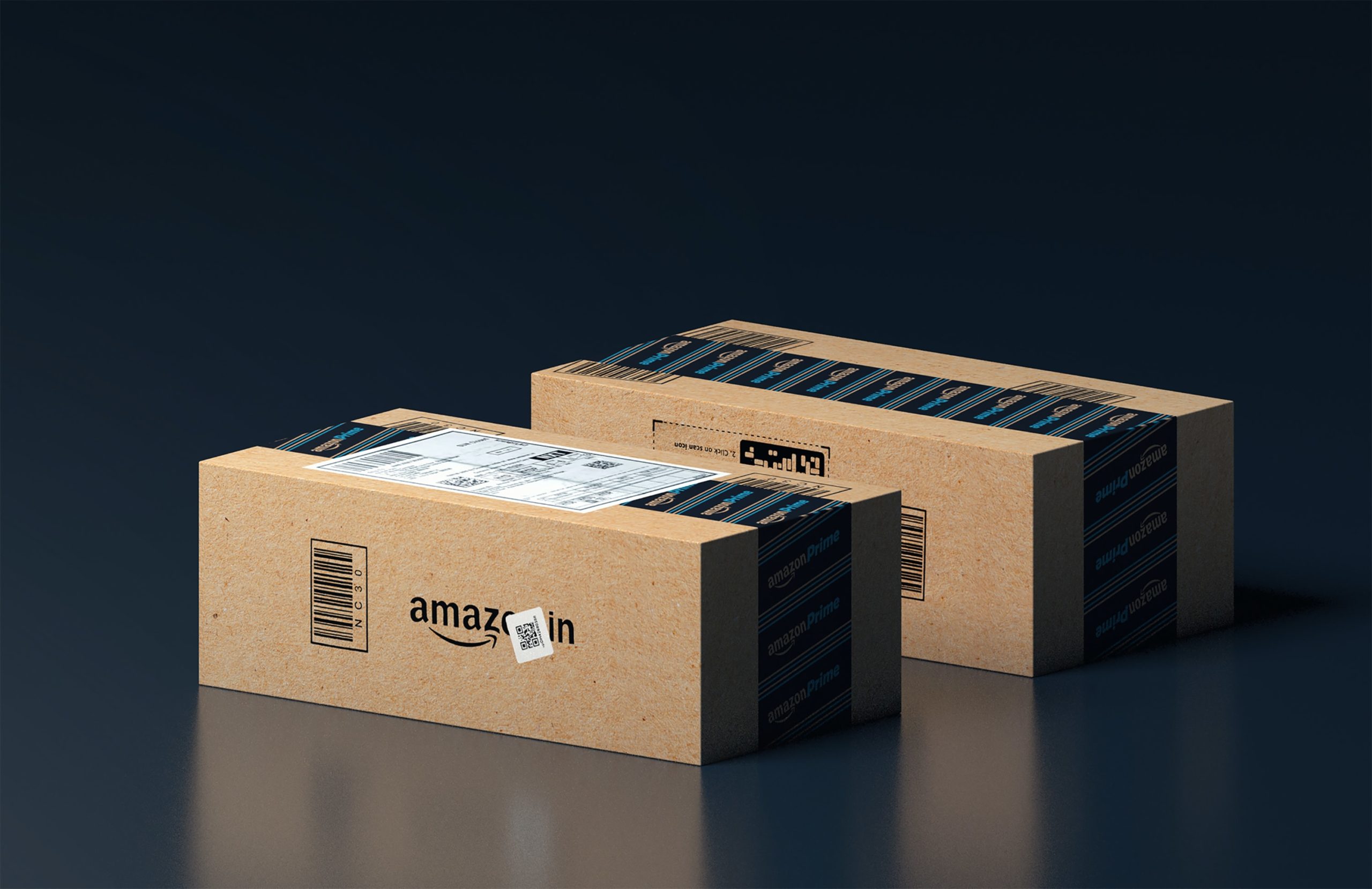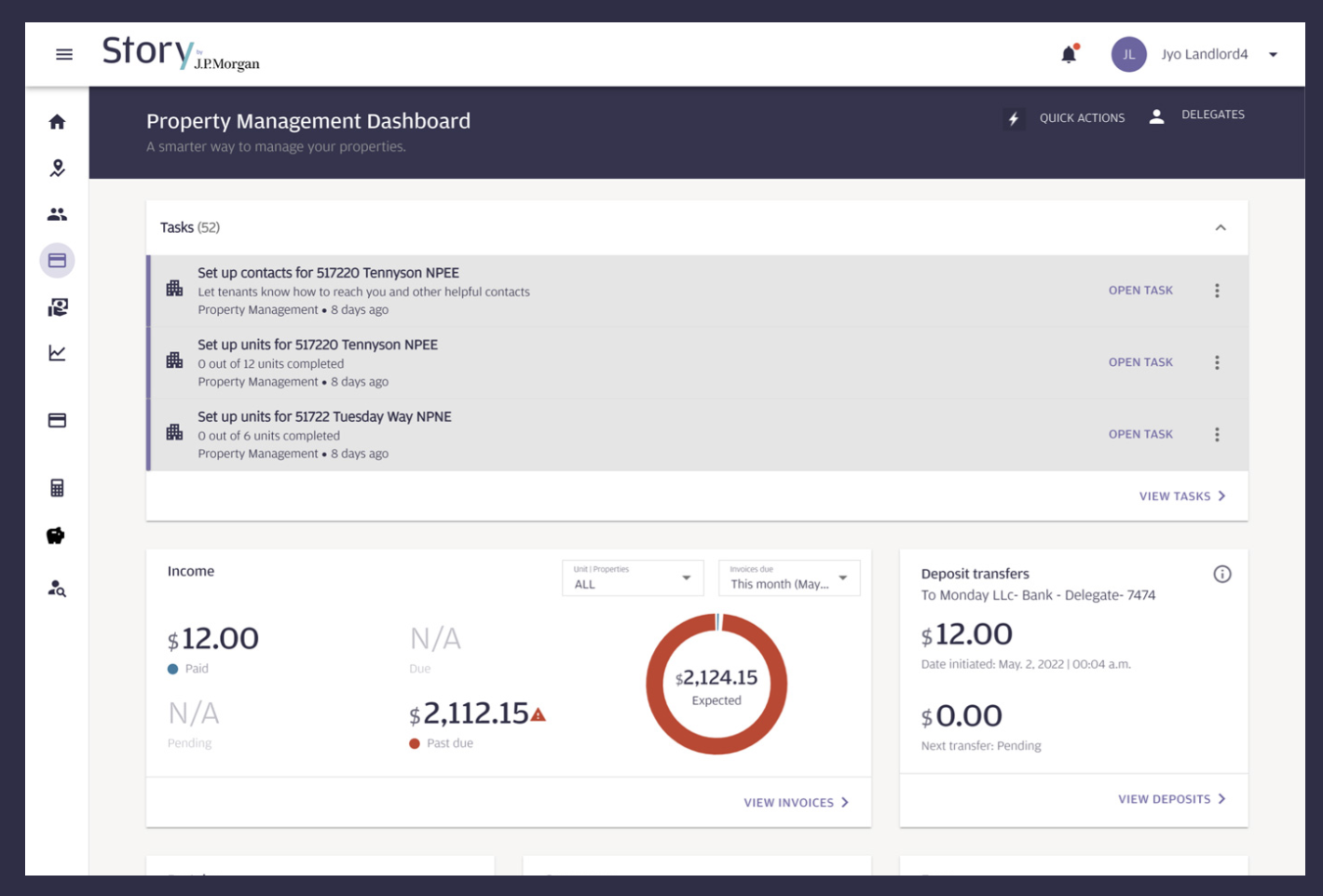
- Checkout.com and Shieldpay announced a partnership this week.
- The collaboration will bring Checkout.com’s merchant clients more transaction processing options, including digital escrow.
- This official partnership announcement comes a year after Checkout.com and Shieldpay first started collaborating.
Global payments platform Checkout.com and digital payments solutions provider Shieldpay have aligned this week. The two have joined forces to offer B2B merchants more transaction processing options.
In addition to straight-through processing, or processing transactions without manual intervention, merchants using Checkout.com will have access to Shieldpay’s payment engine and digital escrow capabilities. Shieldpay’s technology helps businesses add trust, transparency, and extra security when conducting transactions online. In an era when digital payments fraud is at an all-time high, it is essential for both the buyer and the seller to instill trust in the payments process, especially when dealing with high-value transactions.
“Together with Shieldpay, we’re bringing our merchants even more value and flexibility for their B2B transactions,” said Miyesa Hussain, Strategic Partnerships at Checkout.com. “Shieldpay’s digital escrow technology is truly innovative and further enhances the payout process for our customers. We’re excited to see where this partnership takes us.”
Shieldpay’s digital escrow tool was created to protect buyers and sellers across multiple deal types– including M&A, supply chain payments, capital raising, domain name transfers, real estate transactions, and more. The company offers KYC and KYB checks on all parties, full transparency, and flexible and efficient contracts. Leveraging this tool, Checkout.com customers can hold funds in safeguarded accounts until both the buyer and the seller are satisfied that the conditions of the transaction have been met. Once they approve the transaction, the money is then transferred to the verified merchant or the marketplace customer. Shieldpay can also help marketplaces disburse funds to submerchants.
This official partnership announcement comes a year after Checkout.com and Shieldpay first started collaborating. Shieldpay has already helped a handful of Checkout.com’s merchant clients manage complex payments. As an example, the two provide the payment flow for in-person digital payment acceptance company KodyPay*. In the arrangement, Checkout.com acts as the acquirer and provides a payment gateway facility to accept payments, while Shieldpay provides seller verification and disbursement.
“We are both on a similar mission as payments innovators and the services that our platforms offer to the market work in perfect harmony, said Shieldpay Head of Partnerships Daniel Dunne. “With these key drivers aligned, we are looking forward to the future of this partnership and growing together, and we are now envisioning new opportunities to further collaborate.”
*In other news, KodyPay announced a $5 million Pre-Series A financing round.
Photo by Bogdan Kupriets on Unsplash












